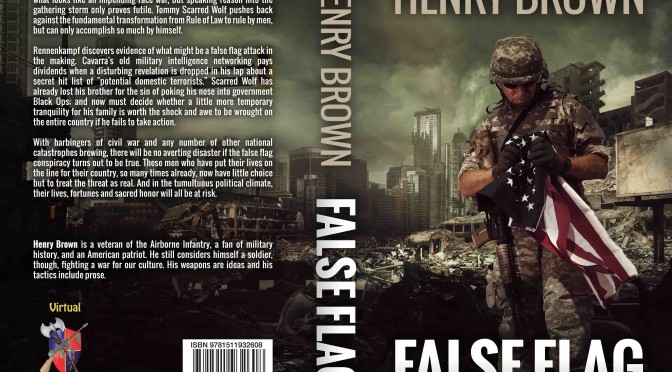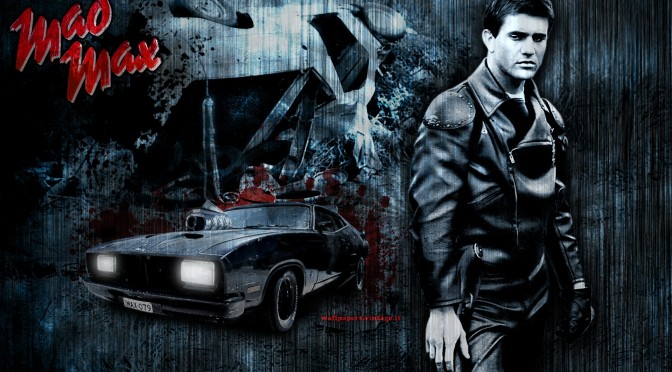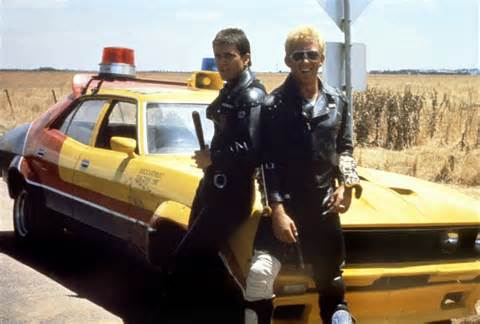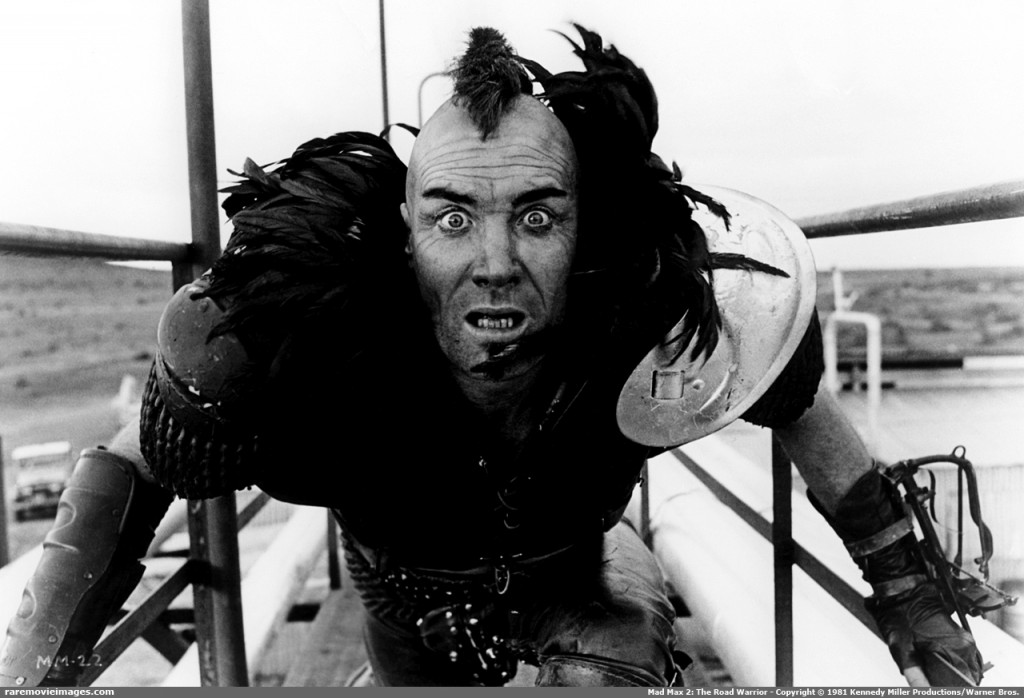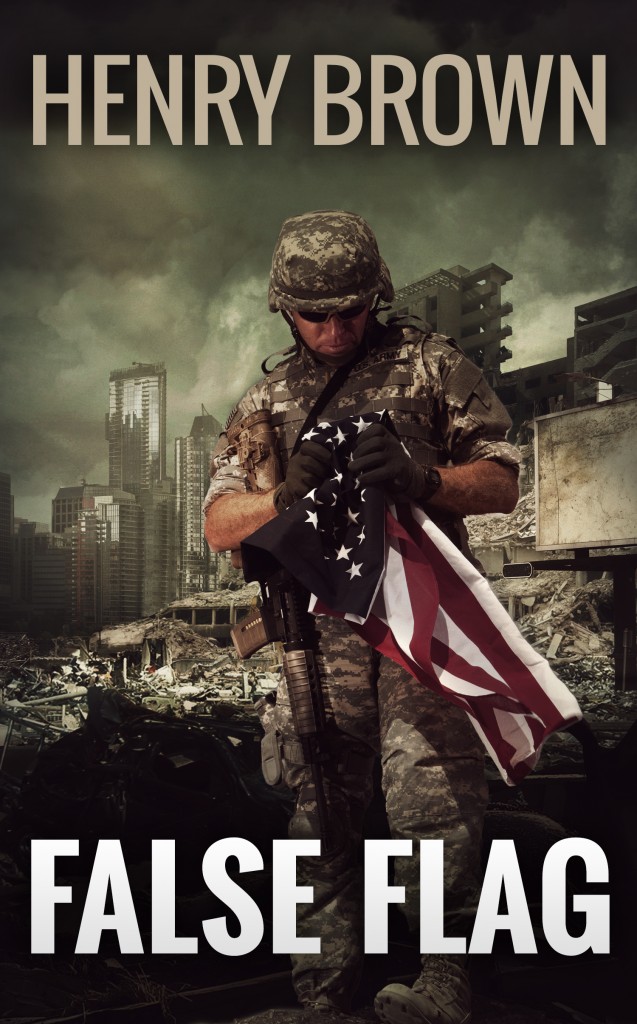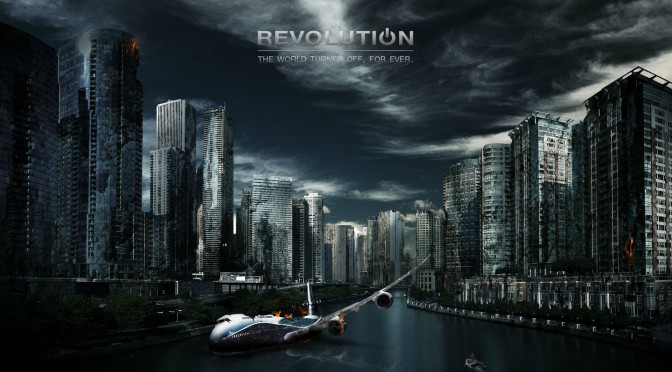5
D MINUS 88
POTAWATTOMIE COUNTY SHERIFF’S OFFICE
OKLAHOMA
Tommy Scarred Wolf finished reading the email from his niece and was organizing a reply in his mind when a knock on his office door roused him from his thoughts. He glanced up to see Deputy Janet Bailey leaning around through the doorway.
His door was usually open, but his people were polite enough to knock anyway.
“Have you got a minute, sir? Janet asked.
He had never got used to being called “sir,” preferring to be called by his first name. Janet knew that, so this was her way of telling him something serious was going on.
“Yeah,” Tommy said, nodding toward the vinyl sofa opposite his desk. His office was tidy and Spartan, with little in the way of decoration save for an American flag, a framed photo of all his deputies between two prowl cars, and some other cop stuff. He didn’t clutter his work area with family memorabilia.
Janet entered, followed by a girl who looked to be about 15. The girl glanced at Janet tentatively as if making sure it was okay to sit down. Janet shut the door behind them.
Tommy straightened in his chair. This was serious, alright.
The sheriff had a lean, sinewy build, a little below six feet in height, but tall for a full-blooded Shawnee. Shaving had never really been necessary for him, and it was a good thing since his red-bronze face was now full of more pits and other terrain features than ever. He still kept his black hair short, but not high-and-tight for a long time, now.
The young girl was mixed, like Janet. Maybe a quarter-breed or less. Her hair was brown with streaks of different colors. She wore a cumbersome volume of jewelry as so many in her generation did; stylishly torn jeans; a tank top showing off her pierced beer belly, and some of those retro-hi-top sneakers kids wore because they thought they made them look street savvy or something. Her fingers had nicotine stains and it was obvious she chewed on her fingernails.
“This is Diana,” Janet said, sitting beside her.
“Hello Diana,” Tommy said, trying to smile warmly to put her at ease.
“Diana,” Janet said, “I’m going to tell the sheriff what you told me, okay? Feel free to add anything new you remember.”
Janet, a mother of three, wasn’t great at police work, but she was a dynamite rape crisis counselor. Actually, in anything requiring the human touch, Janet was his go-to superstar. She faced Tommy as she spoke, with frequent glances at the young girl to coax nods of agreement and include her in the conversation.
“Diana found me at the gas station,” Janet explained. “She had just left the house of one of her teachers and ran about six blocks before she found me.”
“Is it normal for you to see your teachers on the weekend?” Tommy asked.
Diana nodded.
“She’s been visiting Ms. Greeley at her house for a few weeks,” Janet said. “Right?”
Diana nodded.
“What’s your relationship with Ms. Greeley?” Tommy asked.
“We’re friends,” Diana said, staring at the floor.
“She ran from the house because she was scared,” Janet went on. “There were things going on in the house that made her uncomfortable.”
“What kind of things, Diana?” Tommy asked. “I’d like to hear it from you, if you don’t mind.”
“Well, there was me, Rose—Ms. Greeley I mean—Zack and Dave,” Diana said in a squeaky voice.
“Who are Zack and Dave?” Tommy asked.
“They go to my school. Zack is a junior; Dave’s a senior.”
“How about you?” Tommy asked.
“I’m a freshman,” the girl replied.
“So what do these boys do over at Ms. Greeley’s house?” Tommy asked.
“They…they’re lovers,” Diana said. “The three of them.”
Tommy had a poker face that came in handy at times like these.
“For the last few days,” Janet said, “they’ve been pressuring Diana into doing some things she doesn’t want to do.”
Tommy nodded. “Sexual things?”
Diana nodded.
“The boys are pressuring you?”
Janet cleared her throat. “The boys, yes. But mostly Ms. Greeley Right?”
Diana nodded.
“How old are you?” Tommy asked.
“I’m 14,” Diana said.
“Did they try to force you to have sex, Diana?” Tommy asked.
“Well, not exactly,” Diana said. “I mean, nobody got rough, I guess. But, Rose has been, like, pregnant…and, she’s all into some kind of, like, alternate religion…”
The girl seemed on the verge of breaking down. Janet picked up the narrative. “It sounds like the school teacher gave birth in her house. They took this newborn baby and performed some sort of ritual. At the end of the ritual, they took a knife…”
The girl lost it, wailing and blubbering, face wet with tears. “…Blood everywhere…it kept screaming…”
Janet put her arm around the teen and patted the back of her neck, turning to Tommy with tears in her own eyes.
Tommy ground his teeth and asked, “Can her parents come get her?”
“She lives with her mother, who’s at work today,” Janet said.
“She’s gonna have to leave work and come get her daughter,” Tommy said. “And we need the address of Ms. Greeley’s house.”
“Yes sir,” Janet said, wiping her eyes.
Tommy rose, opened a desk drawer and pulled out his shoulder rig, checking the magazine in his M1911 out of habit and clicking it back into place.
He threw his office door open and stalked down the hallway, pulling on his shoulder rig. He paused at the dispatcher’s desk. “Who do we have not busy right now?”
Laura brought up a window on her monitor and scanned the list. “Jeff and Kevin don’t have anything.”
“Get ’em,” Tommy said. “And if anyone else gets free in the next hour, send ’em to me, too. And get Judge Aragon on the phone. We need a warrant PDQ.”
“Yes sir,” Laura replied.
NORMAN, OKLAHOMA
Tommy and two deputies arrived at the Greeley house and checked all the exits before knocking. For most cops the girl’s tip by itself would suffice for probable cause, and judges would accept it in cases like this, when time was of the essence.
But Tommy had an arrangement with the judge to get warrants quickly, and so far he’d always had one when he intended to search somebody’s property.
A skinny teenage boy answered the door, with an oversize T-shirt and sagging pants, a toboggan on his head despite being indoors. “What is it? he asked, taking in the sight of his visitors, with hollow eyes.
Jeff gave him the spiel. The kid tried to stall, then his eyes came alive with hate when the uniformed men entered anyway.
As they drew closer to the door to the basement, the kid’s protests grew louder. Kevin stayed with the boy during the search, to make sure he didn’t try to run.
Kevin wasn’t expecting the kid to produce a knife and stab him just under his vest.
The kid screamed and came at Jeff with the knife. Jeff had his pistol out by now, and fired. The kid went down.
Jeff’s eyes went wide. He’d never had to shoot before, and this was a kid.
Tommy grabbed him by the shoulder, pointing at Kevin, who was also down, crying out and bleeding everywhere. “Put your weapon away and stay with Kevin. Use one hand to put direct pressure on the wound. With your other hand, call an ambulance, and for backup. Got it?”
Jeff nodded dazedly.
The basement door burst open. Another teenage boy emerged, taller and sturdier, slamming the door behind him. He wielded some kind of curved sword and by the way he moved it, it was obvious to Tommy he was comfortable using it.
“Hold your fire!” Tommy shouted, in case Jeff decided to counteract this new threat, or if Sanford came in the back way after hearing the shot.
The boy glared at Tommy and bellowed something that was neither English, Spanish, or Shawandasse. Then in a guttural voice in English he said, “I’m going to carve you up and drink your blood!”
The kid definitely had the edge in speed and energy–Tommy could tell by the way he moved. His T-shirt said something about ROTC and leadership. He reminded Tommy a little of himself as a boy—maybe what some of Tommy’s buddies might have looked and dressed like when young men.
“You need to put down the weapon, young man,” Tommy said.
Light glinted off the blade as the boy twirled it in a figure-eight pattern while advancing.
Tommy didn’t want to shoot him; but he also didn’t want to be sliced open by that blade. Without warning he dropped into a deep crouch and used his leg to sweep the kid’s feet out from under him. The kid fell and Tommy, springing up from his crouch, landed on his wrist, kicking the sword away.
Tommy squatted, pinning the boys arms against the floor. From here he paused to decide how he would wrestle the kid around onto his stomach, to get the cuffs on.
With strength no teenage boy of his size should have, the boy bent up from flat on his back, rising like Dracula from a coffin, lifting Tommy up with him. Tommy shoved his unbelief to the back of his mind and drove an open hand strike into the boy’s jaw.
Tommy knew how to knock a person out. He could do much more than that with his bare hands, in fact. But the boy was barely even stunned.
Tommy hit him again, and again. He rained down blows that would send a mature man twice the kid’s size to the hospital, but his lights wouldn’t go out. Ideas occurred to Tommy in those few seconds: Maybe the kid was on cocaine, or PCP. But where was his disproportionate strength coming from? It wasn’t like Tommy hadn’t known people who were stronger than they looked. In fact, Tommy himself was one of those people.
This was something different.
In desperation, Tommy reached for a weapon on his belt he’d never used before. He drew the stun gun, poked it against the kid and pushed the button. It jolted the kid’s body, but didn’t stop him. Tommy sent charge after charge into the boy, who was still full of fight. But it slowed his body down enough for Tommy to roll him over and slap the cuffs on.
In amazement, he straightened and watched the kid flail around, straining with spastic desperation as if trying to break the cuffs. For some reason Tommy feared he might be able to. “Keep your eye on him,” he told Jeff. “I don’t know what he’s on, but if you have to, taze him.”
Jeff nodded, hand clamped on Kevin’s wound.
Tommy opened the basement door again and stepped through. His nostrils were assaulted immediately. The air was heavy with strong incense–and something foul underneath that smell.
He descended the stairs, preferring to let his eyes adjust to the dark rather than use a flashlight. Strangely shaped objects hung from the rafters. As his eyes focused in the dim light, it became obvious why there’d been such an epidemic of pets reported missing in town. And what had happened to the pigs reported stolen by a local farmer was also explained.
The floor and walls were decorated with strange symbols and pictures. Tommy remembered Diana had mentioned some kind of alternate religion. Then he noticed something that looked like a stool, or perhaps a small end table, made of brass. Upon this platform was what appeared to be the corpse of a human baby.
Something about a collection of pillows on the floor didn’t look right, Tommy studied it. A mattress lay on the floor–no bed frame, no box spring. One of the large pillows stirred, then took on the form of a naked woman. Early-to-mid forties, attractive…probably quite a hottie once upon a time. From her lower lip, trailing down her chin and neck were dark streaks. Tommy was afraid to guess what those streaks were composed of.
“You should leave,” the woman said. “Forget you ever came here. You don’t know what you’re messing with.”
###
###
We don’t normally post on Wednesdays but the Kindle version of False Flag goes on sale for 99 cents at some point today. After that it will likely jump to a price point that is $4+.
The paperback will probably stay at its current price for a long time. As long as the novel is, it can’t really sell for less and be profitable.
###

